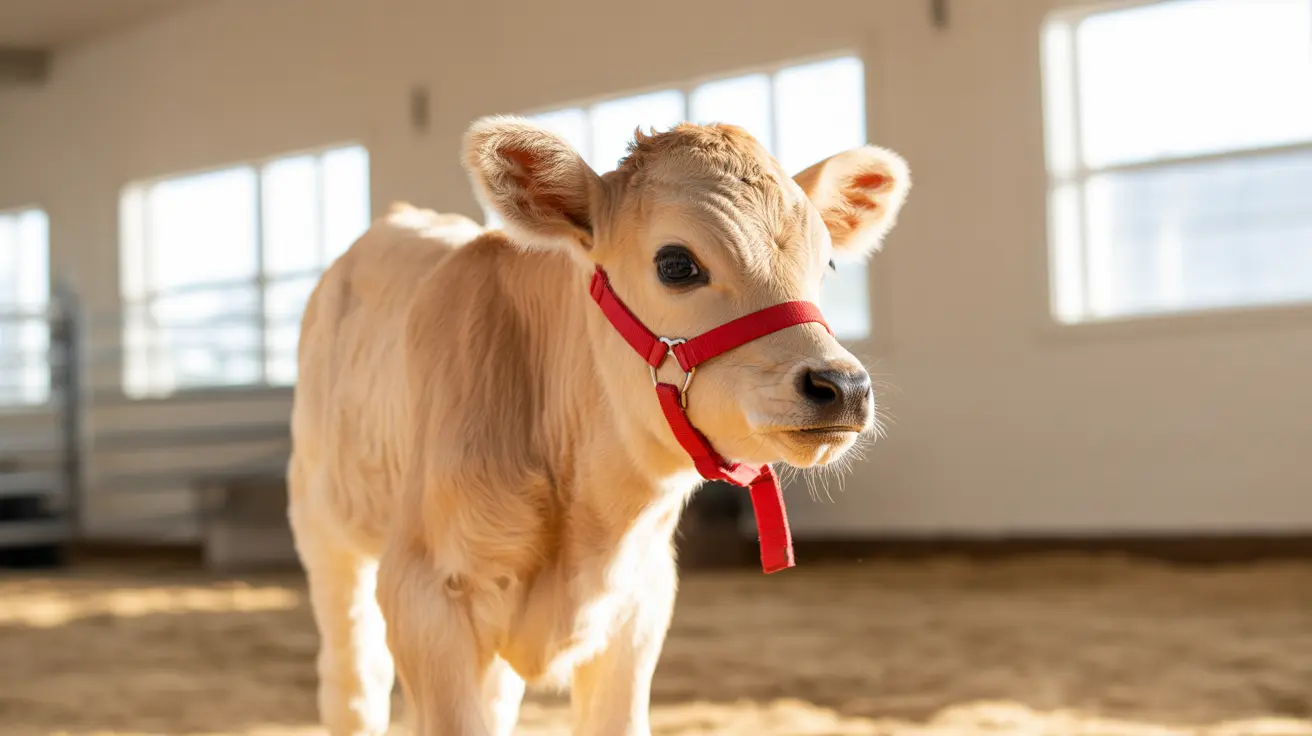The One Meat You Should Never Feed Your Dog
As responsible pet owners, ensuring that our dogs receive safe, nutritious food is essential. While dogs are omnivores and can digest both meat and vegetables, not all meats are created equal when it comes to their safety and nutritional value. One meat in particular stands out as something you should never feed your dog: raw or undercooked pork.
Why Raw Pork Is Dangerous
Feeding raw pork to dogs can pose several health risks due to the potential presence of harmful organisms. Here’s why it’s best avoided:
- Trichinella Spiralis Parasite: This parasite causes a condition known as trichinosis, which can result in muscle pain, fever, vomiting, and other serious complications in both humans and dogs.
- Bacterial Contamination: Raw pork may be contaminated with bacteria such as Salmonella or Listeria, which can cause gastrointestinal symptoms such as diarrhea, vomiting, and dehydration in dogs.
- Digestive Issues: Pork is rich in fat, which can be difficult for dogs to digest and may lead to pancreatitis — a painful and potentially serious condition.
Other Pork Risks to Consider
- Cooked Bones: Cooked pork bones, especially ribs, can splinter and cause choking, digestive blockages, or tears in your dog's organs.
- Processed Pork Products: Items like bacon, ham, and sausage are high in salt, fat, and preservatives, which are harmful to a dog's kidneys and heart.
Safe Alternatives to Feed Your Dog
If you are looking for safe meat options for your pet, consider these instead:
- Chicken (cooked, skinless, boneless)
- Turkey (cooked, no bones or seasoning)
- Lean beef (cooked, drained of fat)
- Fish (like salmon, fully cooked and deboned)
Guidelines for Feeding Meat to Dogs
- Always fully cook meat to eliminate harmful bacteria and parasites.
- Avoid seasoning, onions, garlic, and sauces as they can be toxic to dogs.
- Cut meat into small, bite-sized portions to prevent choking risks especially in smaller breeds.
- Use meat as a supplement to a complete and balanced dog diet, not as a main food source unless directed by a vet.
What About Pork in Commercial Dog Food?
It’s important to differentiate between raw pork and pork used in commercially prepared dog foods. Many high-quality dog foods contain pork or pork meal that has been specially processed to destroy harmful pathogens. When included in such regulated formulations, pork can be a safe and beneficial protein source.
What To Do If Your Dog Eats Raw Pork
- Monitor symptoms: Check for signs like lethargy, vomiting, diarrhea, and fever.
- Call your vet: Seek immediate veterinary attention for any concerning symptoms or if your dog consumed a significant portion.
- Prevent future incidents: Ensure raw meats are securely stored, and your dog does not have access to discarded scraps, especially from the trash.
Final Thoughts
While dogs can enjoy a wide variety of meats, raw or undercooked pork poses a significant risk to their safety and well-being. If you want to include pork in your dog’s diet, ensure it is fully cooked, unseasoned, and boneless. When in doubt, consult your veterinarian before introducing any new meat to your dog’s diet. Treat your pet's nutrition with care, and you'll help ensure a long, happy, and healthy life for your furry friend.





